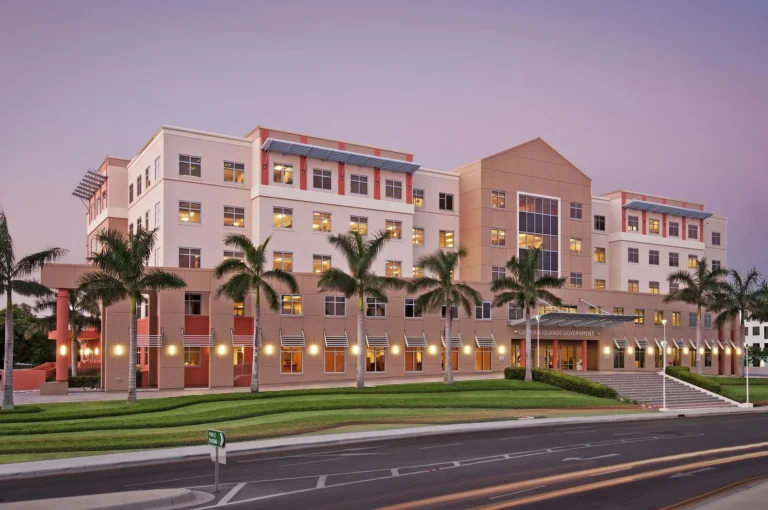Political System of the Cayman Islands
The Cayman Islands is a British Overseas Territory, meaning it is not an independent country, but it governs itself internally while the United Kingdom handles defense, foreign affairs, and overall oversight.
Here is a clear breakdown of how the Cayman Islands’ political system works:
1. System of Government
- Type: Parliamentary democracy under a constitutional monarchy
- Head of State: King Charles III (represented locally by a Governor)
- Head of Government: The Premier (leader of the majority party or coalition in Parliament)
2. The Governor
- Appointed by the British Monarch on the advice of the UK government.
- Current Role:
- Represents the King
- Oversees areas such as:
- Defense
- External affairs
- Internal security
- Police
- Public service
- Holds reserve powers to intervene in local affairs if necessary.
3. The Premier & Cabinet
- The Premier is the leader of the government, elected from among the Members of Parliament (MPs).
- The Premier appoints a Cabinet (ministers) to help run specific areas:
- Finance
- Health
- Education
- Tourism
- Environment, etc.
- The Cabinet must have the support of the majority in Parliament.
4. Parliament (Legislative Assembly)
- Name: Cayman Islands Parliament (formerly Legislative Assembly)
- Type: Unicameral (one house)
- Members:
- 19 elected members (MPs) from different districts
- The Speaker of the House
- The Deputy Governor and Attorney General (non-elected members)
- Main role:
- Pass laws
- Approve the budget
- Question ministers
5. Judiciary
- Independent from the executive and legislature
- Based on British common law
- Courts:
- Summary Court (minor cases)
- Grand Court (major civil/criminal cases)
- Court of Appeal
- Final appeals go to the Judicial Committee of the Privy Council in London (like other UK territories)
6. Elections
- Held every 4 years
- Citizens aged 18 and above can vote
- No political parties until the 2000s — today, there are local parties and independent candidates
7. Constitution
- The current Constitution was adopted in 2009 and gives the Cayman Islands more internal self-government.
- It includes:
- A Bill of Rights
- The creation of local offices of accountability (like an Ombudsman and Human Rights Commission)
8. Relationship with the UK
- UK retains powers over:
- Foreign policy
- Military defense
- Final legal appeals
- Cayman maintains internal autonomy, but must align with British values and standards, especially in areas like human rights, anti-corruption, and international finance.
Summary
| Role | Position | Chosen By |
|---|---|---|
| Monarch | King Charles III | Hereditary (UK) |
| Governor | King’s Representative | Appointed by UK |
| Premier | Head of Government | Elected by local MPs |
| Parliament | Lawmakers | Elected by citizens |
| Judiciary | Independent | Appointed by Governor |



